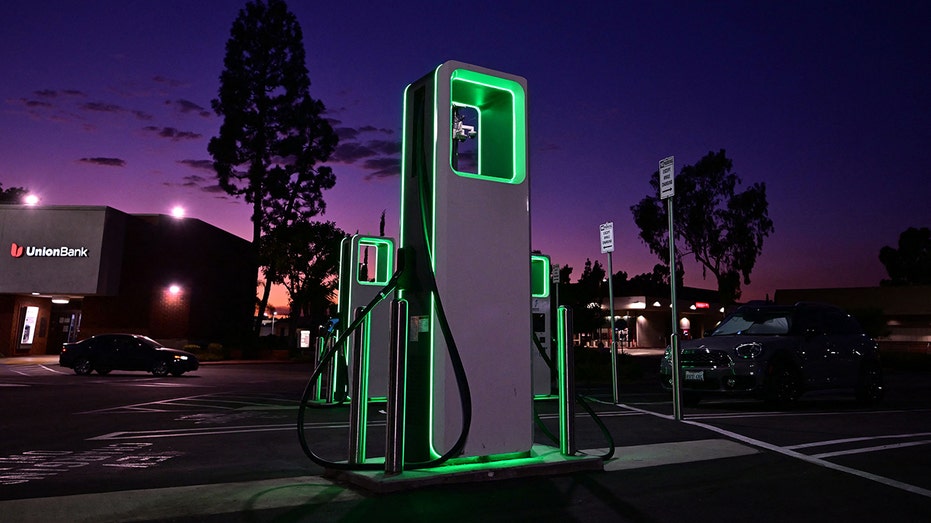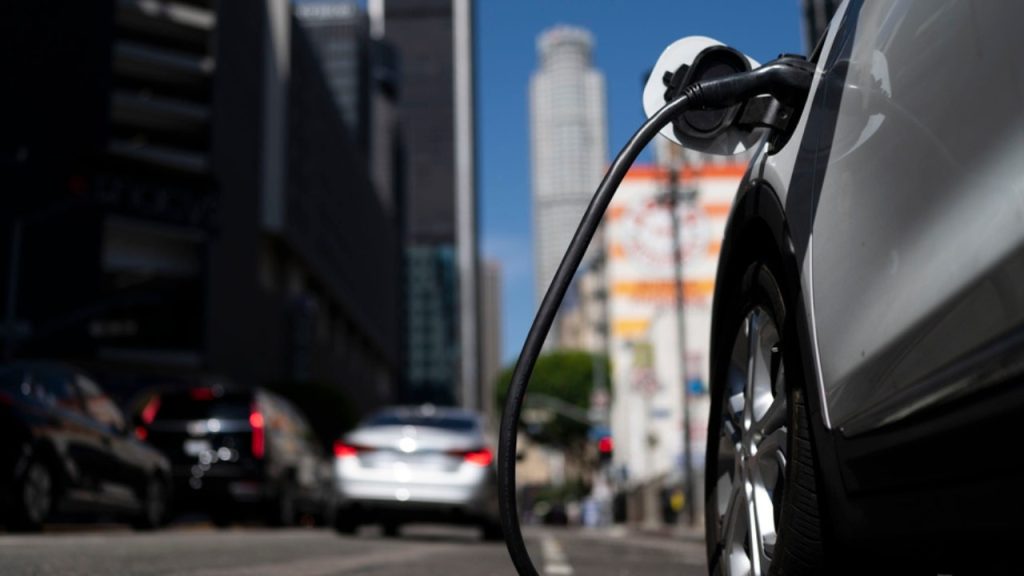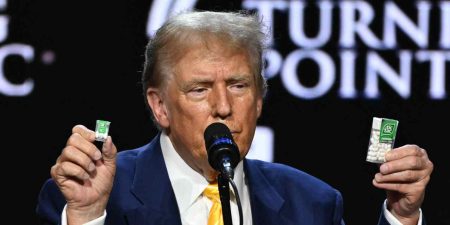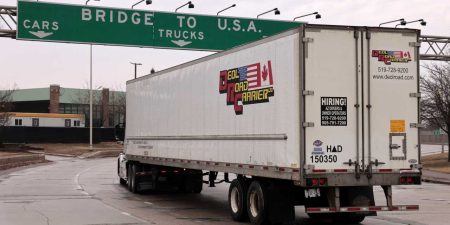Seven major automakers revealed plans Wednesday to create an “unprecedented new charging network joint venture” across North America in a bid to make driving electric vehicles “even more attractive for millions of customers.”
The project coordinated by BMW Group, General Motors, Honda, Hyundai, Kia, Mercedes-Benz Group and Stellantis NV aims to have at least 30,000 chargers installed in the U.S. and Canada.
People familiar with the plan tell the Wall Street Journal that the automakers intend on collectively investing $1 billion into a joint-venture company that will build out the network.
“North America is one of the world’s most important car markets – with the potential to be a leader in electromobility. Accessibility to high-speed charging is one of the key enablers to accelerate this transition,” BMW Group CEO Oliver Zipse said in a statement. “Therefore, seven automakers are forming this joint venture with the goal of creating a positive charging experience for EV consumers.”
FORD ‘REVIEWING’ LETTER FROM US AUTOMAKERS WORRIED ABOUT CHINESE BATTERY MAKER PARTNER’S TIES TO ‘FORCED LABOR’
In a joint press release, the companies said the stations “will be in convenient locations offering canopies wherever possible and amenities such as restrooms, food service and retail operations either nearby or within the same complex.
“A select number of flagship stations will be equipped with additional amenities, delivering a premier experience designed to showcase the future of charging,” it added.
GAS PRICES MAY SPIKE AS MUCH AS 10 TO 25 CENTS THIS WEEK IN SOME STATES

“According to the U.S. Department of Energy, as of July 2023, there are 32,000 publicly available DC fast chargers in the United States for use by 2.3 million electric vehicles, a ratio of 72 vehicles per charger. The NREL (National Renewable Energy Laboratory) estimates that 182,000 DC fast chargers will be needed to support 30-42 million plug-in vehicles expected on the road by 2030,” it continues.
“With U.S. electric vehicle sales expected to exceed 50% of total U.S. sales by 2030, the expansion of reliable charging infrastructure will become even more critical to widespread electric vehicle adoption,” the press release adds.

The first stations are estimated to open in the U.S. by next summer while those in Canada will be operational at “a later date.”
“The joint venture is expected to be established this year, subject to customary closing conditions and regulatory approvals,” the press release reads.
Read the full article here














